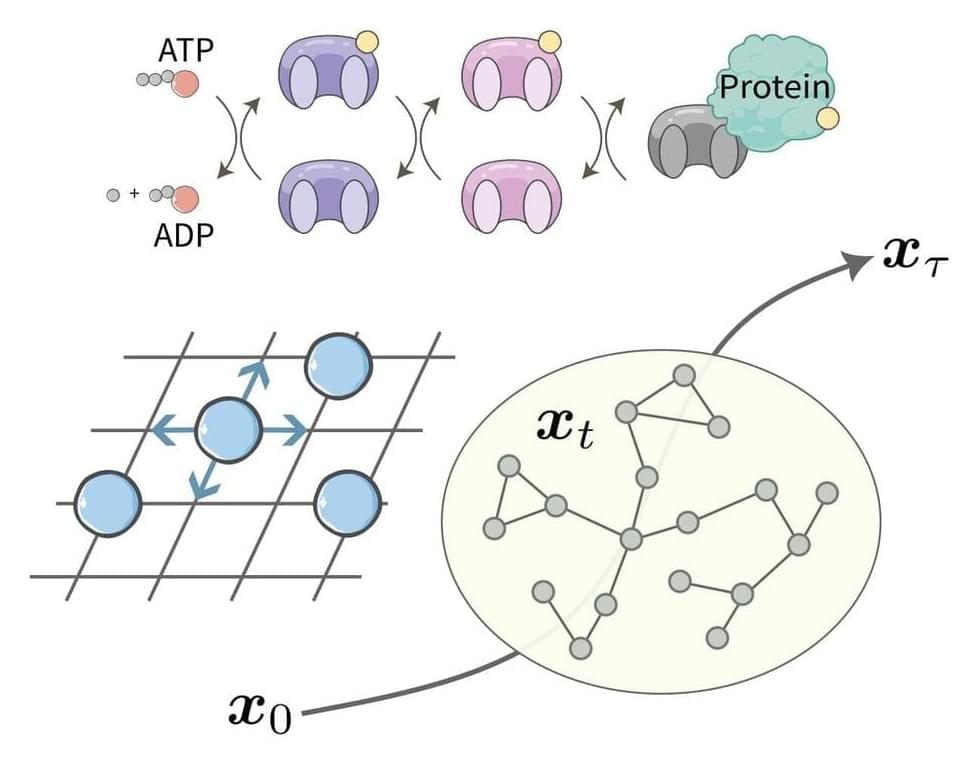Physical systems evolve at a particular speed, which depends on various factors including the system’s so-called topological structure (i.e., spatial properties that are preserved over time despite any physical changes that occur). Existing methods for determining the speed at which physical systems change over time, however, do not account for these structural properties.
Two researchers at Keio University in Japan have recently derived a speed limit for the evolution of physical states that also accounts for the topological structure of a system and of its underlying dynamics. This speed limit, outlined in a paper published in Physical Review Letters, could have numerous valuable applications for the study and development of different physical systems, including quantum technologies.
“Figuring out how fast a system state can change is a central topic in classical and quantum mechanics, which has attracted the great interest of scientists,” Tan Van Vu and Keiji Saito, the researchers who carried out the study, told Phys.org. “Understanding the mechanism of controlling time is relevant to engineering fast devices such as quantum computers.”
